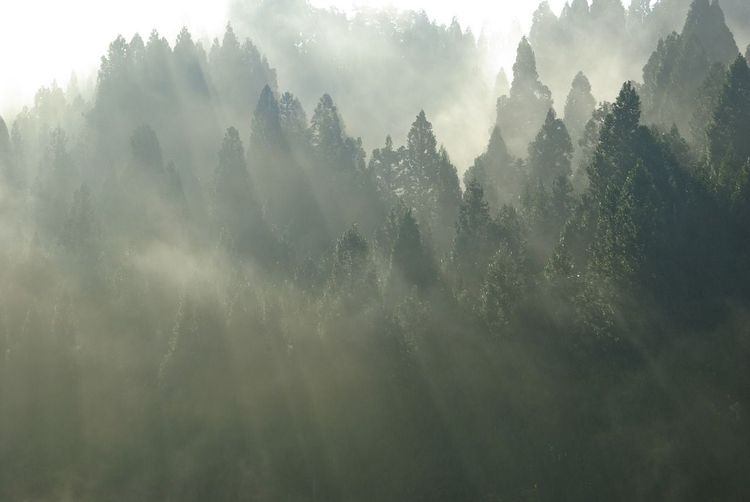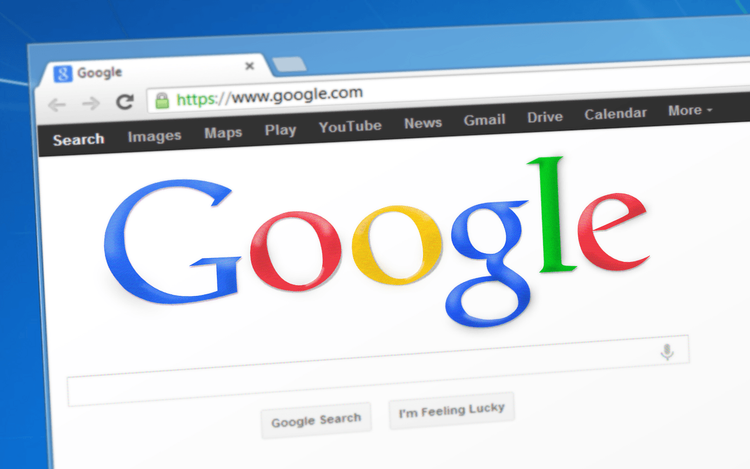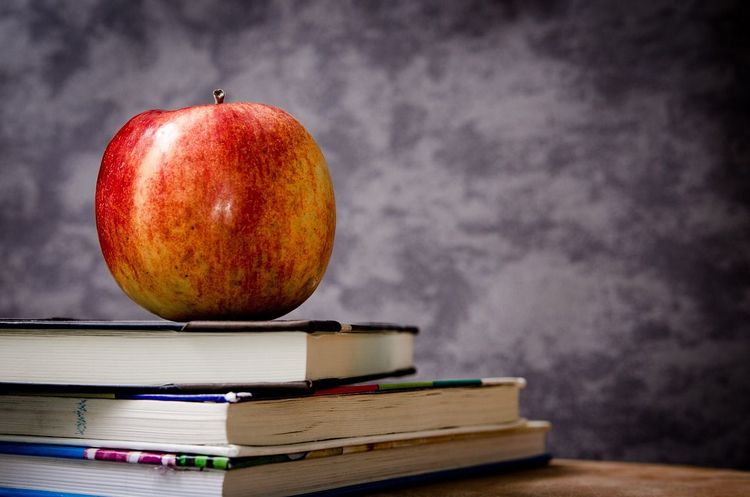Should artists whose work has contributed to training generative AI models like ChatGPT receive compensation? Peter Deng, Vice President of Consumer Product at OpenAI, hesitated to answer this pressing question during a session at SXSW earlier today.
“That’s a great question,” he responded when Josh Constine, a writer and current SignalFire venture partner, raised the issue in an engaging fireside chat. The audience reacted with calls of “yes,” prompting Deng to acknowledge their sentiment: “I’m hearing from the audience that they want compensation.”
Deng’s reluctance to provide a definitive answer isn’t surprising. OpenAI finds itself in a complex legal landscape regarding its data usage to train generative AI models, including the art-creating tool DALL-E 3, embedded within ChatGPT.
Models like DALL-E 3 learn from vast collections of images—artworks, illustrations, and photographs—primarily sourced from publicly available sites and datasets on the internet. OpenAI and other generative AI companies maintain that their practice of utilizing public data for training falls under fair use. This legal principle permits the use of copyrighted works for creating transformative secondary materials without compensating or crediting the original artists.
In a recent blog post, OpenAI argued that creating functional AI models would be challenging without leveraging copyrighted content. “Training AI models with publicly available internet resources constitutes fair use, backed by longstanding precedents,” the company stated. “We believe this principle is equitable for creators, essential for innovation, and vital for U.S. competitiveness.”
However, many creators contest this viewpoint. A class-action lawsuit led by artists such as Grzegorz Rutkowski—famous for his contributions to Dungeons & Dragons and Magic: The Gathering—against OpenAI and other competitors, including Midjourney and DeviantArt, is currently progressing through the legal system. The artists claim that tools like DALL-E 3 and Midjourney replicate their unique styles without permission, enabling users to generate new artworks resembling the originals, while the creators receive no financial recognition.
OpenAI has established licensing agreements with certain content providers, including Shutterstock, allowing webmasters to restrict OpenAI's crawler from harvesting data from their sites. Additionally, OpenAI, like some of its competitors, offers artists the option to "opt out" of having their work included in the training datasets. However, some creators have criticized the opt-out process—requiring individual submission of each image for removal—as burdensome.
Deng expressed a desire for artists to have greater influence over the creation and application of generative AI technologies like DALL-E. “Artists need to play an integral role in this ecosystem,” he remarked. “If we can discover ways to accelerate the art-making process, we could significantly benefit the industry… Every artist gains inspiration from those who preceded them, and I wonder how swiftly that inspiration will be kindled by these advancements.”







